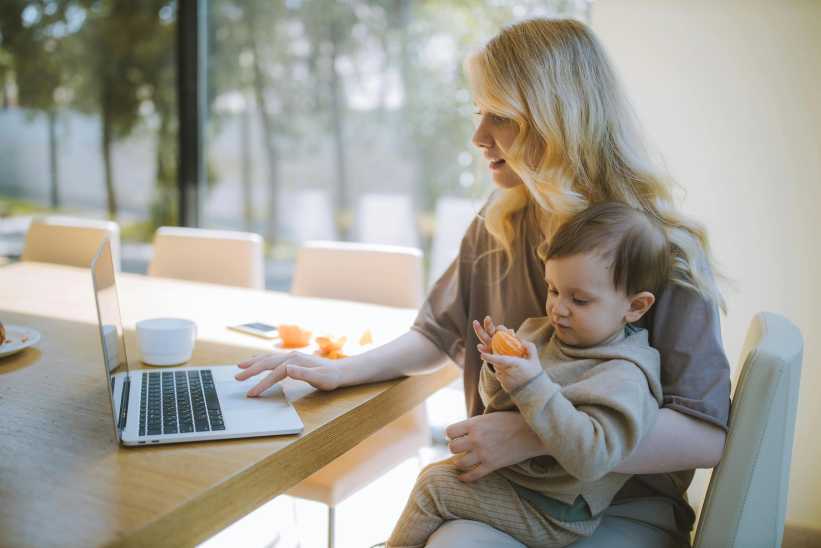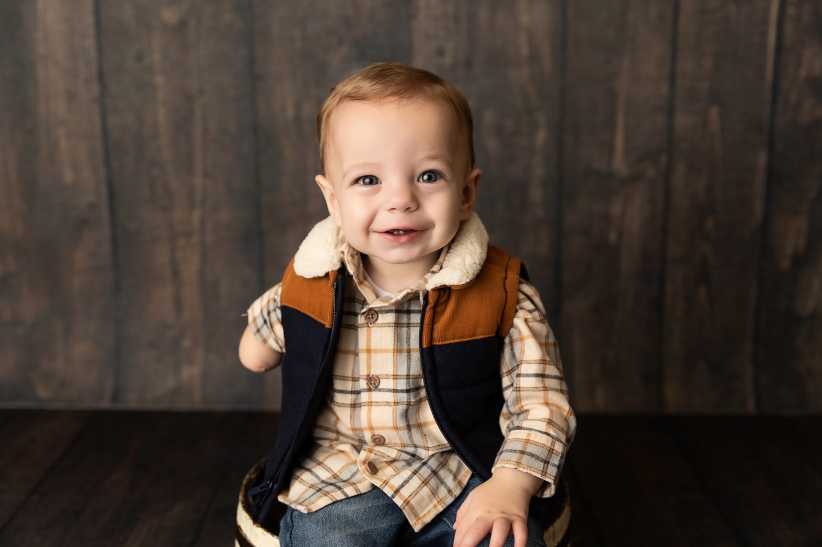Ever since my younger days I was petrified of those with special needs. This harks back to the time when the term “special needs” wasn’t coined yet; we used the word “retarded.”
On the rare occasion I was in the presence of someone with special needs I was scared of what I might do. I was scared I was going to blurt out the word “retarded!” I was scared I was going to say something equally as offensive. But mostly I was scared of these individuals themselves. I just didn’t want to be around such people.
I attended Catholic grammar school in the 1970s. I was surrounded by “normal” people. We had no such thing as an inclusion class, a self-contained class, a resource room, or even a special-education teacher. If other schools had these, I wasn’t aware of it.
My fear continued into college. I was a photojournalism major at an art school in Manhattan. In my third year I decided to take on art education as a minor. My very first student teaching assignment was at a public school in a class of fifth- and sixth-grade boys with learning disabilities.
I was in a bit of a panic for my first few lessons. One reason was that I really hadn’t been around children much. I’m the youngest in my family and that includes all my cousins. So I wasn’t quite sure how to speak to a 10 year old. Another reason was I wasn’t all that confident in my ability as a teacher. And then these kids had special needs, and you know how I felt about that!
I had a great cooperating teacher and she boosted my confidence. I soon learned talking to a 10 year old isn’t much different from talking to a 20 year old (10 year olds are people, too.) But the big relief was these boys weren’t nearly as disabled as I thought they were. This made my first step in overcoming my fear a giant leap.
For many of the following years I had little or no contact with those with special needs. However, I still wasn’t all that comfortable with the prospect of being near them.
After college I didn’t pursue photojournalism and I didn’t pursue teaching. I wound up in the movie business as an assistant cameraman.
In 1998 I worked on the remake of “Rear Window” with Christopher Reeve. A short time before this he was injured in a horseback riding accident, leaving him paralyzed from the neck down and breathing with the help of a ventilator.
I was petrified of him. What do you say to someone in his position? Plus, he’d be wheeled onto the set right before we’d roll, we’d shoot the shot, and then he’d be wheeled off again. Not a lot of opportunity for greetings.
After about two weeks I mustered up the courage to approach him. I had nothing to be scared about. I have to tell you, his spirits were high and he was extremely personable. I can’t believe how happy he was, regardless of not being able to do much of anything for himself.
Another giant step in overcoming my fear.
In 2002 I became a high school photography teacher in the southern California desert. It was a large campus with a lot of buildings. Since it was southern California, you could walk from one building to the other — outside — all through the winter.
To get from the building with the darkroom to the building with the ceramics room where the art department chairperson was, I had to pass another building. It had large glass windows and I could see inside.
It was full of students in wheelchairs. They looked pretty bad off. The room was also filled with aides of some sort. And of course at least one teacher.
No one ever spoke about these people. I’m not entirely sure they were even part of the school. No one ever mentioned the students, no one ever mentioned the teachers or the aides. They were tucked away in this building, but they were there every day. Whenever I’d pass the building and look through the windows, I’d think, I really should go in there and say hello to everyone. Did I really think that? It’s hard to believe I had such a thought, but I did every time I passed the place. I guess my fear of those with special needs was pretty close to gone.
In addition to the giant steps in overcoming this fear, I can attribute a large part of this change to age. I suppose it’s fairly normal for a 10 year old to be scared of those who are different, but by 35, the fright subsides a lot on its own.
I only spent two years at the school and I just never got to say hello to anyone in that room. I regret that.
Several years later I returned to college for a short time in order to renew my New York State art teacher certification, which had expired many years prior. I had to take three classes to satisfy some new requirements.
While at Nassau Community College, I met another student in the math lab, where I went for extra help. She was about 20 years old and had cerebral palsy. She told me she was in special-ed classes all through primary and secondary school, but was now in college as media major.
We became friends. We socialized in the math lab, in the cafeteria, at events on campus and even off campus. I was friends with someone with special needs? To both my surprise and delight, I was.
In recent years I’ve been substitute teaching in various school districts on Long Island. Although my certification is in art, I can be put in any class from kindergarten through 12th grade. I often get placed in special-ed classes. Some are on the elementary level, some in middle school, and some in high school. They range from the resource room to full-blown, self-contained classrooms.
I was never thrilled to get these assignments. This time around I’d be in a classroom — in a command position with responsibility — with several children with special needs. My fear returned. Once I was assigned to a self-contained classroom in an elementary school with five autistic boys. Each had an aide and they had routines, so I really didn’t have to do much teaching, but I was with them the entire day.
It wasn’t easy. My fear was replaced with pity. I felt so sorry for these children and their parents. Even though I was going to walk away from them at the end of the day, I was still emotionally drained. By 3 pm I wanted to either cry or get drunk.
However, I was told one boy was a great artist. I had the opportunity to sit with him and draw. They were right! This child, although he couldn’t say anything, could draw.
I wound up back in that class as a substitute again and had a second opportunity to sit with him. This time he had Playdoh and made little sculptures. Boy, could he sculpt! I recall him making a bird with webbed feet.
I thought, if I were the art teacher in this school, I’d give up my free period to work with him one-on-one to make art projects. And then have an exhibit of his work. Did I think that? I would voluntarily give up my time to be with an autistic child? I guess now both the fear and the pity were replaced with something else.
For the rest of the year whenever I was back at that school I dropped into that classroom to say hello to everyone.
Sometimes I sub for the librarian or music teacher. The special-ed classes come in once a week for these rooms, just as all the other classes do. I often find the special-ed classes to be the least stressful ones of the day.
So what have I learned from all of this? I guess it’s that I never had a reason to be as scared. That some kids with special needs can create artwork as good or better than their “normal” classmates. That those in wheelchairs aren’t as miserable as we think they are.
While I’ve gotten to this point, I do not see myself pursing special education as a career. I have nothing but the highest regard for teachers, aides and parents who work with special-needs children all day. It’s not my calling, but I’m glad I’ve gotten to the point where I can be among those with special needs and not be afraid, but instead able to work with them in some small way.




















